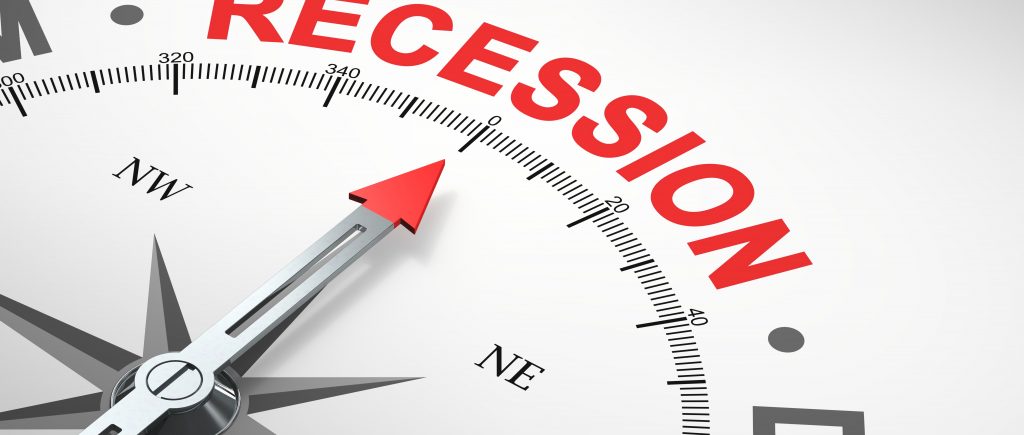Has America fallen into a recession? This is a question that is becoming too difficult to ignore as the twin upheaval of inflation and recession is looming over asset portfolios, household budgets and pocket books. US prices in June rose the most since 1981. And the expectation of a recession in the next year is now close to 50%.
Prices in the US are surging and the odds of a slowdown are rising, too. Money managers offer suggestions on how to prepare one’s portfolio now.
Almost all the economic numbers line up and US recession is most likely. The majority of economic indicators are signaling a retreat, slowdown and a slump, with the only exception of the robust jobs market. Is that enough to keep the expansion going?
The United States is dangerously close to falling into a recession, despite the reassurances of US central bankers, Wall Street economists and financial journalists. That is not just a bad idea, it is rather what the data say and figures can undoubtedly speak for themselves.
It will not be a surprise if, later this year, a wave of news headlines claims that the US economy is in recession. But such a judgement will surely depend on a chain of reasons. Within a few days, specifically on Thursday, July 28, the US Bureau of Economic Analysis will release its advance estimate of the nation’s GDP growth in the second quarter.
The imminent data is expected to keep observers on the edge of their seats, with many expecting it to confirm that the US economy slid into recession in the first half of 2022. But even if such an announcement seems to say that, the reality is more complicated.
The recession prediction is based on two assumptions: first-quarter growth was negative, and a recession is defined as two consecutive quarters of negative growth. As a result, if second-quarter growth is estimated as negative, the stock and bond markets could react by rising in the very short run. A recession might lead investors to believe that the US Fed will ease up on its aggressive interest-rate hikes.
But there are three major defects to this type of thought. The Atlanta Fed’s GDP estimates a second-quarter annual growth rate of -1.5%, based on data available through July 15. Some economists argue that growth was more likely positive in the second quarter.
Even if the BEA estimate is negative, however, it does not necessarily mean that the US has entered a recession because a US recession is not defined as two consecutive quarters of negative growth.

 Noor Trends News, Technical Analysis, Educational Tools and Recommendations
Noor Trends News, Technical Analysis, Educational Tools and Recommendations




